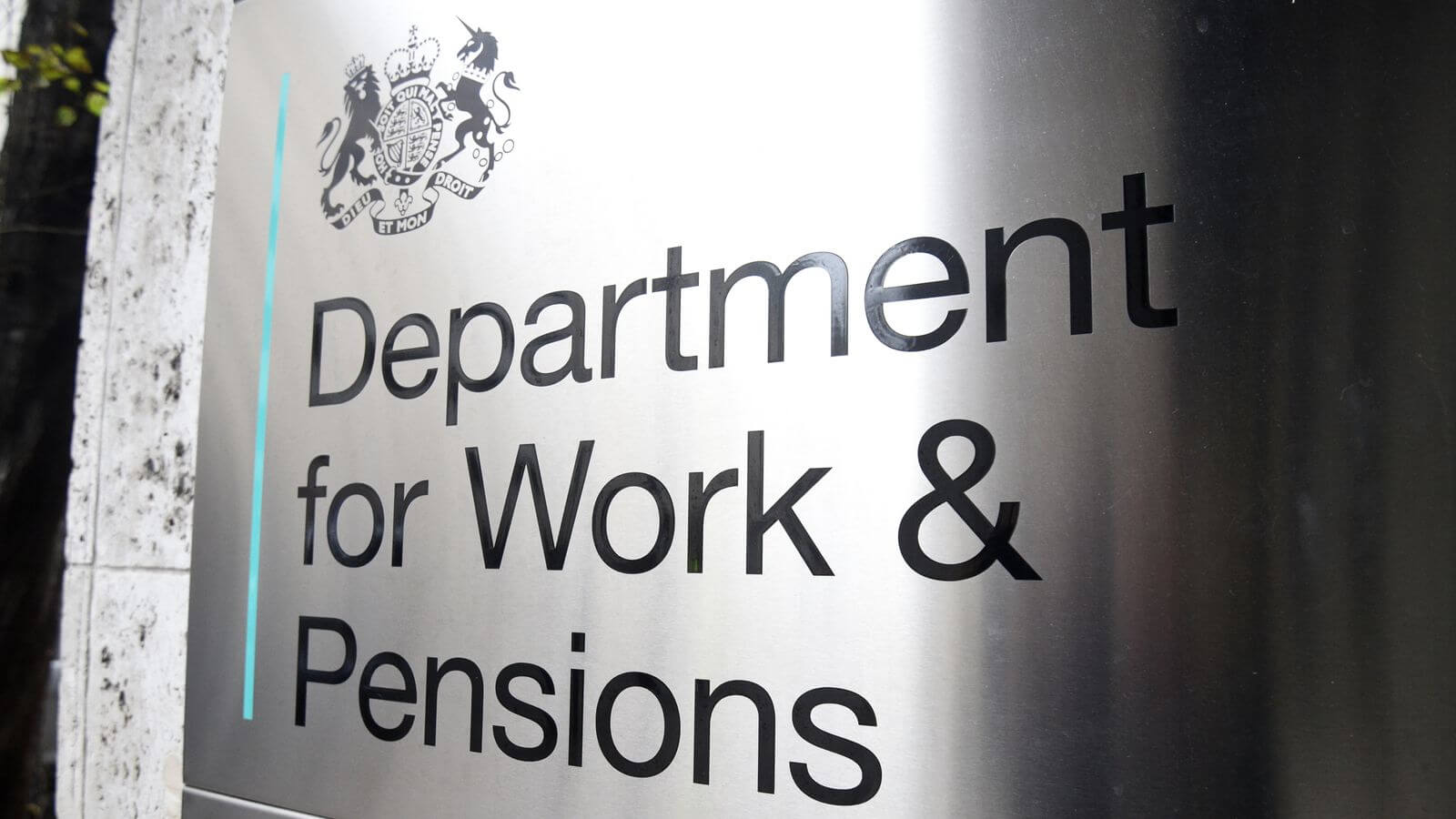
English Reading and Listening Practice
📊 Difficulty Rating for English Learners:
6 / 10 – Upper-Intermediate Level
- Slightly more formal language and political context
- Contains useful vocabulary for social issues, law, and government policy
UK Government Announces Crackdown on Benefits to Save £5 Billion
The UK government has announced a new plan to reduce the amount of money it spends on welfare benefits. The goal is to save £5 billion each year by 2030. Officials say the changes will help cut down on benefit fraud and overpayments in the system.
The government believes that too much money is being paid to people who are not eligible to receive it. This may include individuals who give false information, or who continue to claim benefits when they no longer qualify. In response, the government plans to improve the way claims are checked and reviewed.
New technology will play a role in spotting suspicious activity, and more staff will be hired to investigate potential fraud cases. Ministers say that while most people claiming benefits are honest, the small number of dishonest claims cost the country billions each year.
This crackdown is part of a wider effort to manage public spending more effectively. However, some charities and campaigners have expressed concern. They worry that genuine claimants may be wrongly targeted or face delays in receiving the help they need.
The full plan will be rolled out gradually over the coming years, with regular updates from the Department for Work and Pensions (DWP).
Sources:
UK Parliament News – “Government Plans to Save £5 Billion Through Welfare Reforms”
BBC News – “UK Government Targets Benefit Fraud in Budget Cuts”
📚 Glossary (Key Vocabulary)
- Crackdown (n.) — A strong effort to stop or control illegal or unwanted behaviour.
- Fraud (n.) — The act of cheating someone to get money or benefits dishonestly.
- Overpayment (n.) — When more money is paid than is correct or needed.
- Eligible (adj.) — Having the right to do or receive something.
- Claimant (n.) — A person who asks for or receives benefits from the government.
- Suspicious (adj.) — Seeming dishonest or likely to cause problems.
- Roll out (v. phr.) — To officially introduce or launch something new.
- Public spending (n.) — Money spent by the government on services or welfare.
- Welfare (n.) — Financial help or support given by the government to people in need.
- Campaigners (n.) — People who work to bring about political or social change.
Comprehension Questions
Answer: £5 billion.
Answer: To reduce fraud and overpayments.
Answer: By using new technology and hiring more staff.
Answer: They fear genuine claimants may face delays or be wrongly investigated.
Answer: The Department for Work and Pensions (DWP).
Listen to the article in British English!
Listen to a British English native reading the article to help improve your listening and comprehension skills in the video below:

